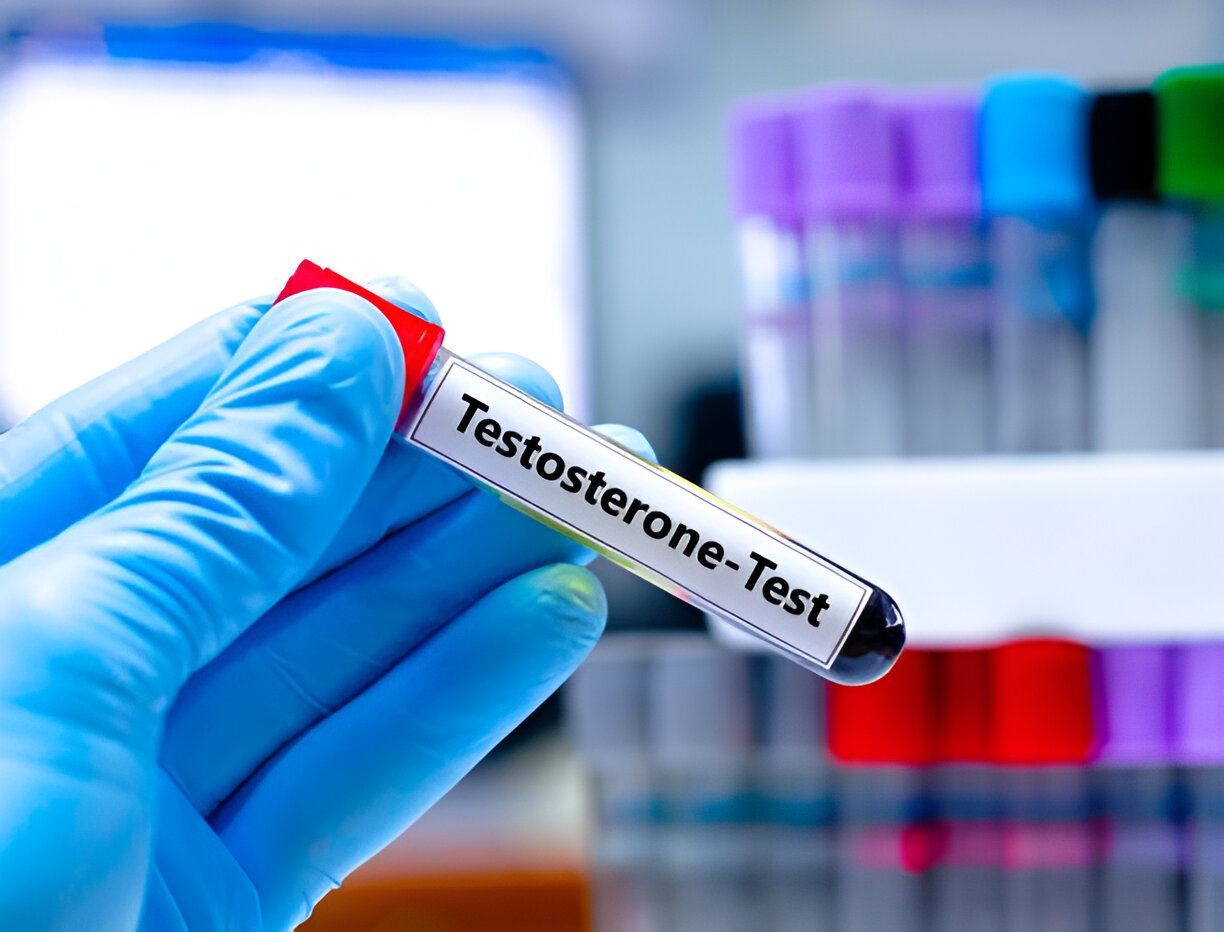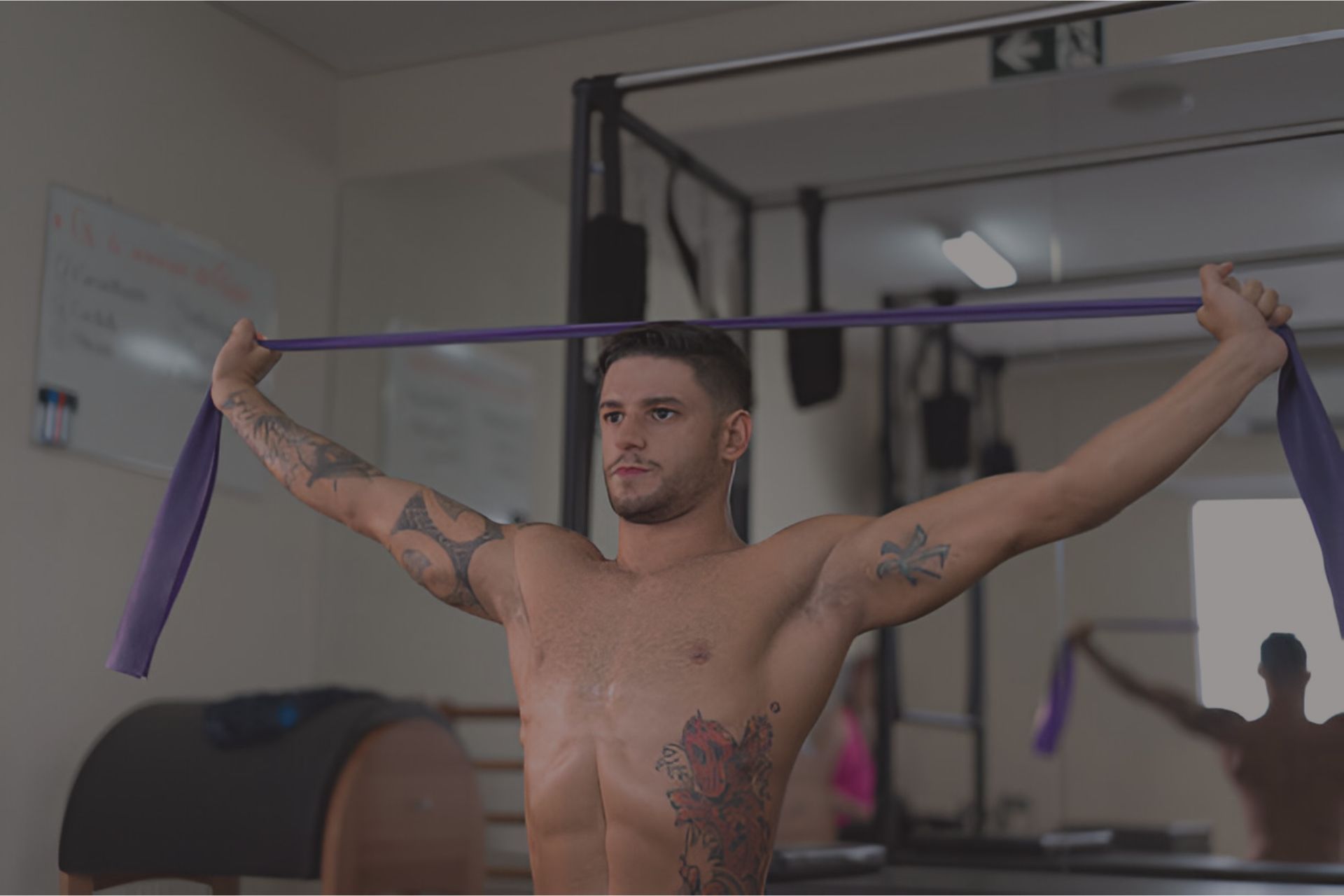Top 5 Myths About Testosterone Replacement Therapy
Testosterone Replacement Therapy (TRT) is one of the most effective treatments for men with low testosterone levels. However, despite its proven benefits, several myths about TRT persist. These misconceptions can discourage men from seeking treatment or lead to unnecessary concerns. In this blog, we will debunk the top 5 myths about TRT and provide you with the facts you need to make an informed decision about your health.

Myth #1: TRT is Only for Older Men
One of the most common myths about testosterone replacement therapy is that it is only for older men. While it’s true that testosterone levels naturally decline with age, low testosterone can affect men at any stage of life. Men in their 30s, 40s, and even younger may experience symptoms of low testosterone, such as fatigue, decreased libido, and muscle loss. TRT is not limited to older men. It is a viable treatment option for any man whose testosterone levels are low and who is experiencing symptoms that affect his quality of life.
Myth #2: TRT Will Make You Aggressive
Another myth surrounding TRT is that it causes aggression or "roid rage." This misconception likely stems from the association of testosterone with muscle-building and performance-enhancing drugs in bodybuilders. However, when administered appropriately under medical supervision, TRT does not cause aggression. In fact, many men report improvements in mood, energy, and overall well-being as testosterone levels are restored.
Testosterone is a crucial hormone for regulating mood, and low levels are often linked to feelings of irritability or depression. Restoring testosterone to normal levels can actually help improve emotional stability and reduce irritability.
Depression
Myth #3: TRT is Dangerous and Has Serious Side Effects
Some people believe that TRT is dangerous and comes with serious health risks. While it’s true that TRT should only be prescribed and monitored by a healthcare professional, when administered correctly, it is generally safe. In fact, TRT has been used for decades to treat low testosterone and has a proven track record of safety and effectiveness.
Like any medical treatment, TRT can have side effects. Common side effects may include mild skin irritation, fluid retention, or acne, but these are usually temporary and manageable. More serious side effects, such as increased red blood cell count or worsened sleep apnea, are rare and can be monitored through regular check-ups with your healthcare provider.
It’s essential to discuss any concerns you may have with your doctor before starting TRT to ensure that it is the right treatment for you.
Myth #4: You Can Stop TRT Anytime

Another myth is that you can stop TRT whenever you want, without any consequences. While it’s true that TRT can be discontinued if necessary, abruptly stopping treatment can lead to a return of symptoms such as fatigue, mood swings, and loss of libido. This is because your body will need time to adjust to the sudden change in testosterone levels.
If you are considering stopping TRT, it’s important to
consult with your doctor first. A healthcare provider may recommend tapering off the treatment gradually or may suggest alternative treatments to manage your symptoms.
Myth #5: TRT Causes Infertility
Many men worry that TRT will lead to infertility, as testosterone therapy can reduce sperm production. While it’s true that TRT can suppress natural testosterone production, leading to reduced sperm count, this is not always permanent. In many cases, fertility can return once TRT is stopped or if alternative treatments are used.
If fertility is a concern, men can explore options such as sperm banking or using medications to stimulate sperm production while on TRT. It’s essential to discuss fertility concerns with your doctor before starting treatment to explore the best options for your individual situation.
Conclusion
There are many myths about testosterone replacement therapy, but most of them are based on misinformation or misconceptions. TRT is a safe and effective treatment for men with low testosterone levels, and when used correctly, it can improve mood, energy, libido, and overall quality of life. If you’re considering TRT, it’s important to speak with a healthcare provider who can guide you through the process and address any concerns or questions you may have.









